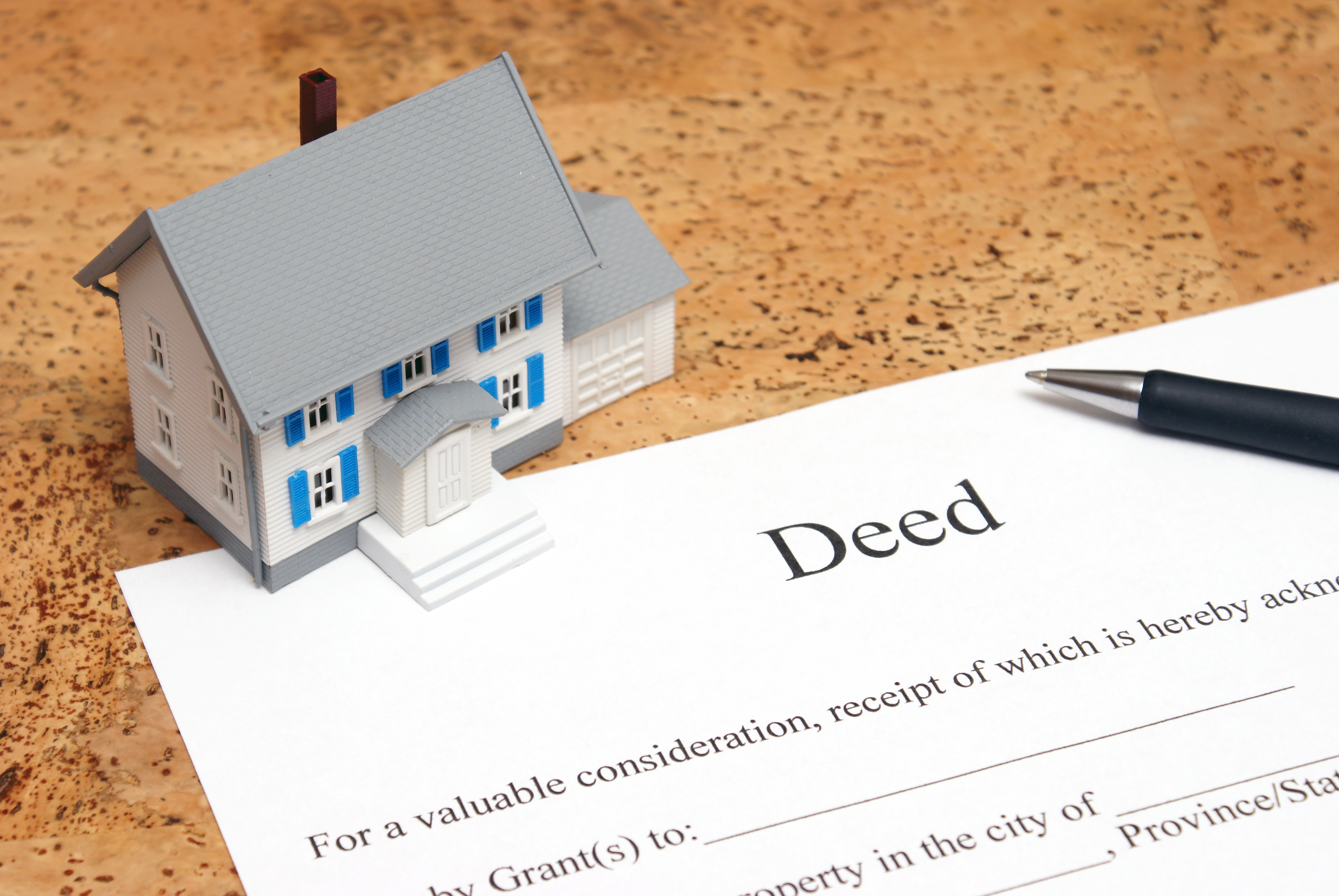Both buyers and sellers of a house must be clear about all the documentation that they must consider for the transaction to become effective up to the point of reaching the deed of the house.
The process of buying and selling a house is complex and requires the seller to have all the documentation in order for the transaction to be carried out properly. Buyers should also keep an eye on this article as they will know all the legal paperwork that needs to be involved to ensure they do not fall victim to a scam.
Whenever an acquisition as important as the purchase of a house is made, documentation, just like money, plays a crucial role in the purchase process. Whether you are the seller or the buyer, these are the 8 documents that both of you should keep in mind , especially if you later need to make a claim against the seller or his representative agency.
1. Buyer’s Agent Agreement
When the buyer gets a real estate advisor, an agent agreement is signed , where this professional is authorized to represent the interested party in a home.
In this type of contract, the terms of the relationship with your agent are described , including who pays the agent’s commission (in most cases, the seller) , the length of the agreement (90 to 120 days is standard in most of the markets) and the terms to terminate the agreement.
2. Purchase Agreement
When you’re in the closing process, you put on the table a purchase agreement for the property, a contract that buyers and sellers sign agreeing to the purchase price, closing date, and other terms.. Both buyers and sellers acquire a binding responsibility towards each other, which if not fulfilled could create legal complications for anyone who breaks it.
3. Appendices and amendments
Addendums and amendments are documents that can alter the purchase contract. For example, an addendum can be a signed document agreeing that repairs based on the home inspection must be paid for by the seller, without an increase in the price of the home, or can be deducted from the agreed purchase price. sale. As the buyer, you will want to keep this paper for a future dispute.
4. Seller Disclosures
By law, sellers are required to disclose problems with the home , both present and past, that could affect its value. For example, depending on the state, the owner must report things like the house has lead-based paint, which can be unhealthy, pest infestations, and renovations done without a permit.
If major issues arise with your home after you move, and within these disclosures there are no indications of what affected you , such as an unreported lead paint-related health issue, they may be the basis for a future lawsuit against the seller.
5. Home inspection report
The home inspection is essential for buyers , since this professional will detect the weak points of the property. The inspector will submit a detailed report on the condition of the house, which is recommended to keep with you at all times. In addition, it usually includes photos of problem areas.
The importance of this report also lies in the possibility of accessing a mortgage for the value provided by your lender. If it is adverse, it is possible that the value of your mortgage loan will be reduced.
As mentioned, if you have the essential documents (purchase agreement, addendums, and inspection report), repairs may be the responsibility of the seller or cause a reduction in the purchase price.
6. Closing Disclosure
Mortgage lenders must provide borrowers with a closing disclosure (also called a CD) at least three business days prior to settlement. This document details things like the term of your loan (usually 15 or 30 years) , the type of loan (a fixed or variable rate mortgage), the interest rate, and closing costs , among other financial matters.
This document is also important when you file your taxes, since you can take deductions for things like mortgage points.
7. Title insurance policy
Title insurance is a document that many buyers underestimate, but one that can save you from a lot of headaches. The insurer conducts a title search of public records to look for loose ends such as liens against the property or fraudulent signatures on ownership documents.
This document covers you in case another party, such as a previous owner, tries to claim the property.
8. Deed of ownership
The maximum conclusion of all these documents is the deed of the property. This legal document confirms the transfer of housing rights. Simply put, this paper shows that you legally own the home.

